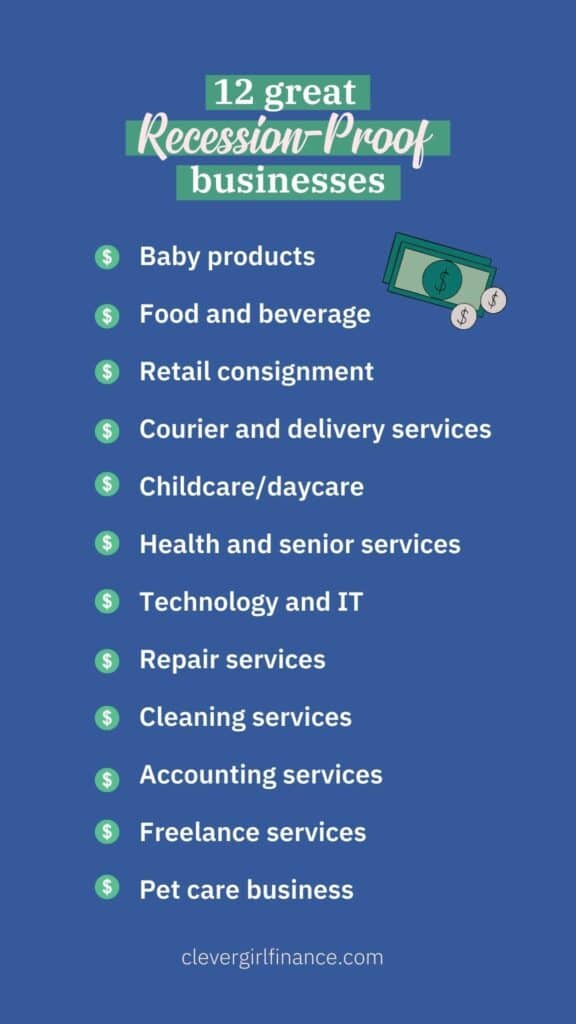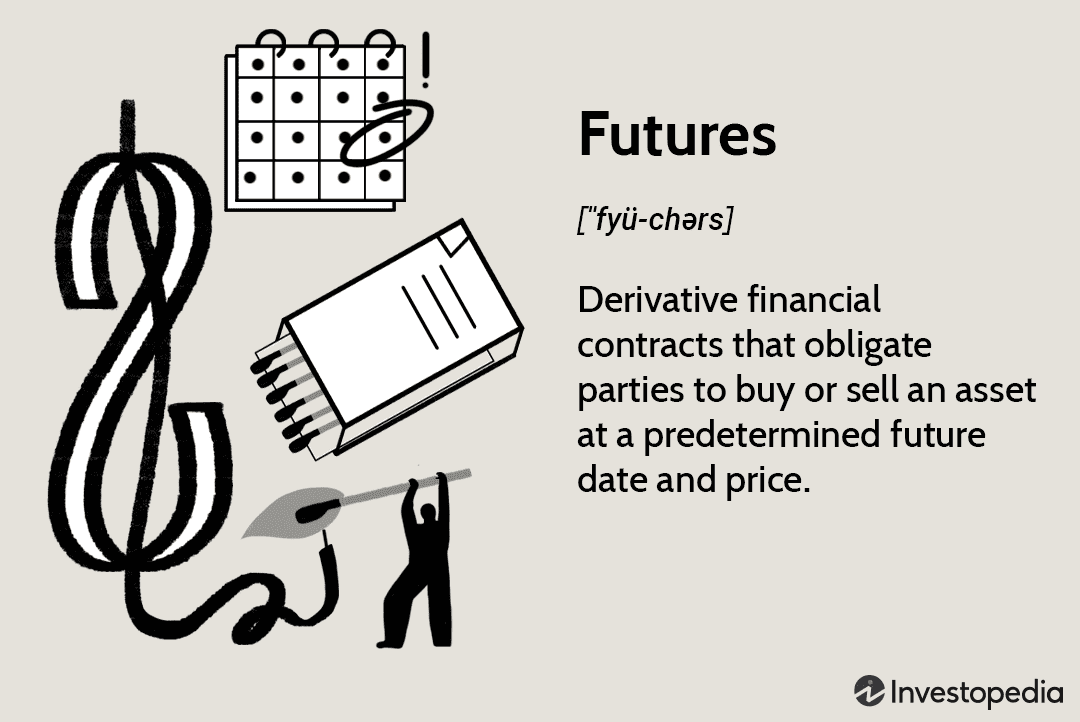
Are you looking to find stocks that have high payout ratios and yield high dividend yields? You have arrived at the right place. We will guide you through the most critical factors to consider when purchasing a stock. These include sustainability, Ex-date, and payout ratio. This information will allow you to make smart decisions when investing in Nasdaq stock. These are just a few more tips that will help you make an informed decision. Here are some more tips to help you decide whether a stock makes sense for your portfolio.
High dividend yields
Although it might be tempting to purchase high dividend yields from Nasdaq stock stocks, the risks of chasing high dividend returns are real. T. Rowe Price and Rio Tinto are just a few examples of companies that see their dividend yields rise as the stock falls. Investors might lose money by chasing high dividend returns. You could still get a large payout if you're patient and wait for the stock's dividend yield to fall.

High payout rates
Investors looking to achieve high dividend yields need to pay attention to their payout ratio. Companies that have a payout ratio greater than 50% are more likely to be profitable investments than companies with a ratio lower than 50 percent. In this way, dividend payments can be stable even when earnings decline. One example is Citigroup (C), which trades for less than 6.5 times earnings or 60% of its tangible book value. The company's yield is 4.3% and its earnings are sufficient to cover its dividend payments. Analysts anticipate that earnings growth will increase next year. This means investors will receive a reward for their long-term investment in Citigroup C.
Ex-date
The ex-date of dividends is a key aspect of investing in stocks of Nasdaq firms. An ex-date refers to the day prior to the record date for a distribution. If you buy a security on Tuesday and it settles on Thursday, then the stock will be ex-dated. If you are a shareholder as of that date, you will receive a payment in dividends on Thursday.
Sustainability of dividends
Dividend sustainability strategies must take into consideration the company's ability pay current dividends without any additional debt. Payout ratios should not exceed one. Dividend sustainability strategies that pay less in dividends than what they earn are unlikely to be sustainable. Companies who pay more in dividends then they earn might not be able or able to cover their debt obligations. Dividend sustainability strategies should be developed by companies that increase dividends regularly. They should have a history of dividend increases and have a low payout ratio.

Investing in dividend growth stocks
You need to understand the importance of dividends when you are investing in a stock. Dividends are a large part of a portfolio, and they are an important piece of the overall returns of a stock. Dividend growth stocks provide steady income as well as protection from market volatility. The total expense ratio from ETFs is around 0.15%, and the platform is commission free.
FAQ
What is the difference of a broker versus a financial adviser?
Brokers are specialists in the sale and purchase of stocks and other securities for individuals and companies. They manage all paperwork.
Financial advisors are experts in the field of personal finances. They can help clients plan for retirement, prepare to handle emergencies, and set financial goals.
Banks, insurance companies and other institutions may employ financial advisors. Or they may work independently as fee-only professionals.
Take classes in accounting, marketing, and finance if you're looking to get a job in the financial industry. Also, you'll need to learn about different types of investments.
What is a bond?
A bond agreement is an agreement between two or more parties in which money is exchanged for goods and/or services. It is also known by the term contract.
A bond is usually written on paper and signed by both parties. The document contains details such as the date, amount owed, interest rate, etc.
When there are risks involved, like a company going bankrupt or a person breaking a promise, the bond is used.
Bonds are often used together with other types of loans, such as mortgages. This means that the borrower must pay back the loan plus any interest payments.
Bonds can also raise money to finance large projects like the building of bridges and roads or hospitals.
It becomes due once a bond matures. This means that the bond's owner will be paid the principal and any interest.
Lenders can lose their money if they fail to pay back a bond.
What are some advantages of owning stocks?
Stocks are less volatile than bonds. The value of shares that are bankrupted will plummet dramatically.
If a company grows, the share price will go up.
In order to raise capital, companies usually issue new shares. Investors can then purchase more shares of the company.
Companies borrow money using debt finance. This allows them to borrow money cheaply, which allows them more growth.
If a company makes a great product, people will buy it. The stock will become more expensive as there is more demand.
As long as the company continues to produce products that people want, then the stock price should continue to increase.
How are securities traded
Stock market: Investors buy shares of companies to make money. Companies issue shares to raise capital by selling them to investors. Investors then resell these shares to the company when they want to gain from the company's assets.
The price at which stocks trade on the open market is determined by supply and demand. When there are fewer buyers than sellers, the price goes up; when there are more buyers than sellers, the prices go down.
You can trade stocks in one of two ways.
-
Directly from your company
-
Through a broker
Why is a stock called security.
Security refers to an investment instrument whose price is dependent on another company. It could be issued by a corporation, government, or other entity (e.g. prefer stocks). If the asset's value falls, the issuer will pay shareholders dividends, repay creditors' debts, or return capital.
How do I invest on the stock market
Brokers allow you to buy or sell securities. A broker buys or sells securities for you. When you trade securities, brokerage commissions are paid.
Brokers usually charge higher fees than banks. Banks offer better rates than brokers because they don’t make any money from selling securities.
An account must be opened with a broker or bank if you plan to invest in stock.
A broker will inform you of the cost to purchase or sell securities. This fee is based upon the size of each transaction.
Ask your broker questions about:
-
To trade, you must first deposit a minimum amount
-
If you close your position prior to expiration, are there additional charges?
-
What happens if you lose more that $5,000 in a single day?
-
How long can you hold positions while not paying taxes?
-
How much you can borrow against your portfolio
-
whether you can transfer funds between accounts
-
How long it takes for transactions to be settled
-
The best way buy or sell securities
-
How to Avoid Fraud
-
how to get help if you need it
-
If you are able to stop trading at any moment
-
How to report trades to government
-
If you have to file reports with SEC
-
What records are required for transactions
-
If you need to register with SEC
-
What is registration?
-
How does it affect me?
-
Who should be registered?
-
When do I need registration?
What is a Reit?
An entity called a real estate investment trust (REIT), is one that holds income-producing properties like apartment buildings, shopping centers and office buildings. They are publicly traded companies which pay dividends to shareholders rather than corporate taxes.
They are similar to a corporation, except that they only own property rather than manufacturing goods.
Statistics
- Ratchet down that 10% if you don't yet have a healthy emergency fund and 10% to 15% of your income funneled into a retirement savings account. (nerdwallet.com)
- Our focus on Main Street investors reflects the fact that American households own $38 trillion worth of equities, more than 59 percent of the U.S. equity market either directly or indirectly through mutual funds, retirement accounts, and other investments. (sec.gov)
- Individuals with very limited financial experience are either terrified by horror stories of average investors losing 50% of their portfolio value or are beguiled by "hot tips" that bear the promise of huge rewards but seldom pay off. (investopedia.com)
- The S&P 500 has grown about 10.5% per year since its establishment in the 1920s. (investopedia.com)
External Links
How To
What are the best ways to invest in bonds?
You will need to purchase a bond investment fund. You will be paid back at regular intervals despite low interest rates. These interest rates can be repaid at regular intervals, which means you will make more money.
There are many ways you can invest in bonds.
-
Directly buy individual bonds
-
Purchase of shares in a bond investment
-
Investing with a broker or bank
-
Investing through a financial institution.
-
Investing through a Pension Plan
-
Invest directly with a stockbroker
-
Investing through a Mutual Fund
-
Investing via a unit trust
-
Investing with a life insurance policy
-
Investing in a private capital fund
-
Investing through an index-linked fund.
-
Investing through a hedge fund.